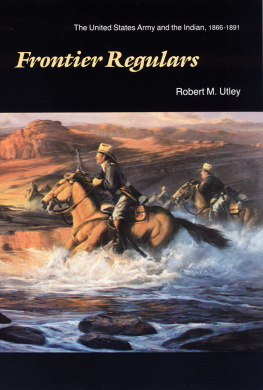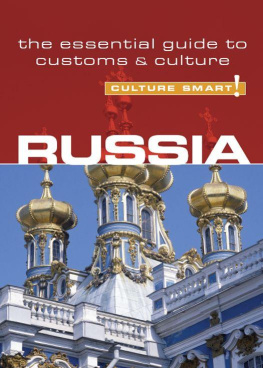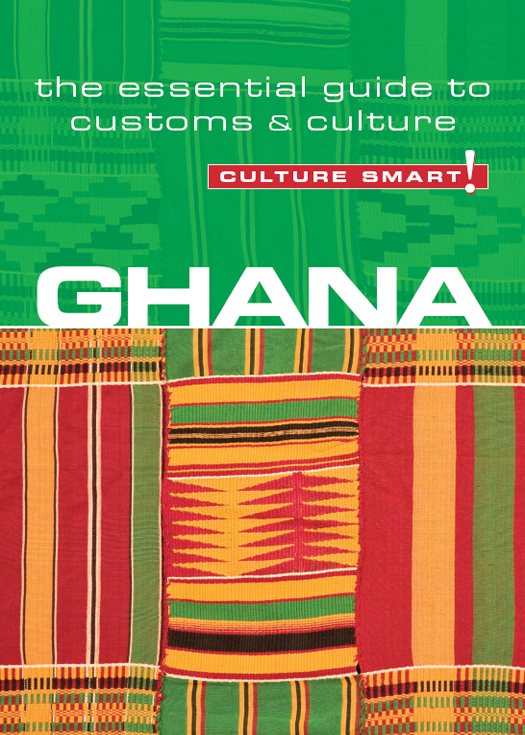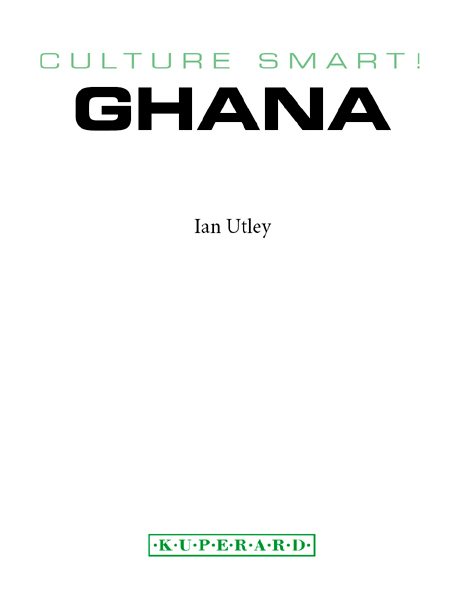eISBN: 978-1-85733-604-7
British Library Cataloguing in Publication Data
A CIP catalogue entry for this book is available from the British Library
Copyright 2009 Kuperard
Revised 2010; third printing 2011
All rights reserved. No part of this publication may be reprinted or reproduced, stored in a retrieval system, or transmitted in any form or by any means without prior permission in writing from the publishers.
Culture Smart! is a registered trademark of Bravo Ltd
First published in Great Britain 2009
by Kuperard, an imprint of Bravo Ltd
59 Hutton Grove, London N12 8DS
Tel: +44 (0) 20 8446 2440 Fax: +44 (0) 20 8446 2441
www.culturesmart.co.uk
Inquiries:
Distributed in the United States and Canada
by Random House Distribution Services
1745 Broadway, New York, NY 10019
Tel: +1 (212) 572-2844 Fax: +1 (212) 572-4961
Inquiries:
Series Editor Geoffrey Chesler
Cover image: Traditional Kente cloth of the Ashanti people. Alan Tobey/iStockphoto.com
Photographs on by courtesy of the author.
Images on Elegant Machines
v3.1
About the Author
IAN UTLEY is a British teacher who studied French and Linguistics at the University of Wales, Bangor, before gaining a BSc and teaching qualification at Bishop Grosseteste University College, Lincoln. He has been learning about Ghanaian culture and languages since 1998 when he worked as a teacher trainer with Voluntary Service Overseas. He has since carried out educational research projects across the country, taken the headship of a Ghanaian school, and published a book for learners of the Twi language. He has also appeared on Twi-language television and radio shows in Ghana and is a columnist for the Ghanaian newspaper Weekend World.
Ian now works as an advisor to the Ministry of Tourism and Diasporan Relations in Accra. He also organizes cultural, ecotourism, and language learning activities for foreigners, and can be contacted at .
The Culture Smart! series is continuing to expand.
For further information and latest titles visit
www.culturesmartguides.com
The publishers would like to thank CultureSmart!Consulting for its help in researching and developing the concept for this series.
CultureSmart!Consulting creates tailor-made seminars and consultancy programs to meet a wide range of corporate, public-sector, and individual needs. Whether delivering courses on multicultural team building in the USA, preparing Chinese engineers for a posting in Europe, training call-center staff in India, or raising the awareness of police forces to the needs of diverse ethnic communities, it provides essential, practical, and powerful skills worldwide to an increasingly international workforce.
For details, visit www.culturesmartconsulting.com
CultureSmart!Consulting and CultureSmart! guides have both contributed to and featured regularly in the weekly travel program Fast Track on BBC World TV.
contents
Map of Ghana
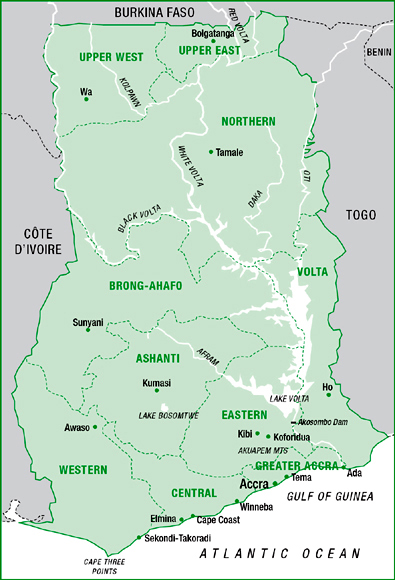
introduction
There is a tendency in the Western media to report only the negative aspects of Africa. The picture received is generally one of complete underdevelopment, primitive living conditions, famine, HIV/AIDS, war, and political mismanagement. Tellingly, Ghana is one of the African countries that receives very little, if any, media coverage.
Ghana, however, is a country with a rapidly growing reputation and currently welcomes around a million tourists, aid workers, and business travelers a year. These visitors invariably come away with glowing reports of the Gateway to Africa: a country of scenic beauty, rich culture and traditions, and a plethora of tourist attractions. For visitors coming from developed countries with their associated problems of crime, antisocial behavior, family breakdown, disrespectful children, unfriendliness, loneliness, high cost of living, and terrible weather, Ghana comes as a wonderfully refreshing change, with valuable lessons to teach to the outside world.
It is primarily the people of Ghana who make the biggest impression. It is due to their incredible hospitality and love of peace that Ghana has a claim to be the safest and friendliest country in Africa. Ghanaians are very welcoming to foreign guests, respectful to each other, strong followers of tradition, and have deep familial and communal values.
A visit to Ghana is highly recommended for those looking for a different kind of vacation, and is a life-changing and eye-opening experience. It is not, however, without its downsides, and visitors do experience frustrations and barriers (which reading this book should help to disperse). Less impressive aspects include the roads, sanitation, timekeeping, and customer service. Ghanaians like to do things their own way, and Ghana is a proud country that does not cater exclusively to tourists but rather expects them to fit in with the Ghanaian pace and way of life.
Culture Smart! Ghana aims to enable visitors to appreciate Ghana, while at the same time showing respect for its inhabitants. Visitors are warmly welcomed, but Ghanaians will require these visitors to be sympathetic to their customs and beliefs, and will have no hesitation in saying, We dont do that here, should a faux pas be made or a taboo broken. It is important to Ghanaians that they, and their guests, follow certain rules and codes of conduct. Culture Smart! Ghana will describe these rules, explain where they come from, and offer the reader an opportunity to get under the skin of Ghanaians and enjoy all that this beautiful country has to offer. Show respect and you will, without a doubt, be made to feel welcome.
Akwaaba!
Key Facts
| Official Name | Republic of Ghana | Member of the Commonwealth, African Union, and Economic Community of West African States (ECOWAS) |
| Independence | March 6, 1957 | Formerly Gold Coast, a British colony |
| Capital City | Accra (rhymes with a car) | Population approx. 2.5 million |
| Main Cities | Kumasi, Tamale, Sekondi-Takoradi, Tema |
| Area | 92,100 sq. miles (238,540 sq. km) |
| Geography | Sub-Saharan West Africa. Bordered by Togo, Burkina Faso, Cte dIvoire, Gulf of Guinea | 10 regions: Greater Accra, Ashanti, Volta, Brong-Ahafo, Eastern, Western, Central, Northern, Upper East, Upper West |
| Terrain | South to north: coastal plains, rain forest, savanna; mountains in east up to 2,952 feet (900 m) | Lake Volta is two-thirds the length of the country. |
| Climate | Tropical; rainy summers, dry winters |
| Population | 22 million (2007 estimate) |
| Ethnic Makeup | Black African 99%, other (mainly Lebanese) 1% |
| Age Structure |


